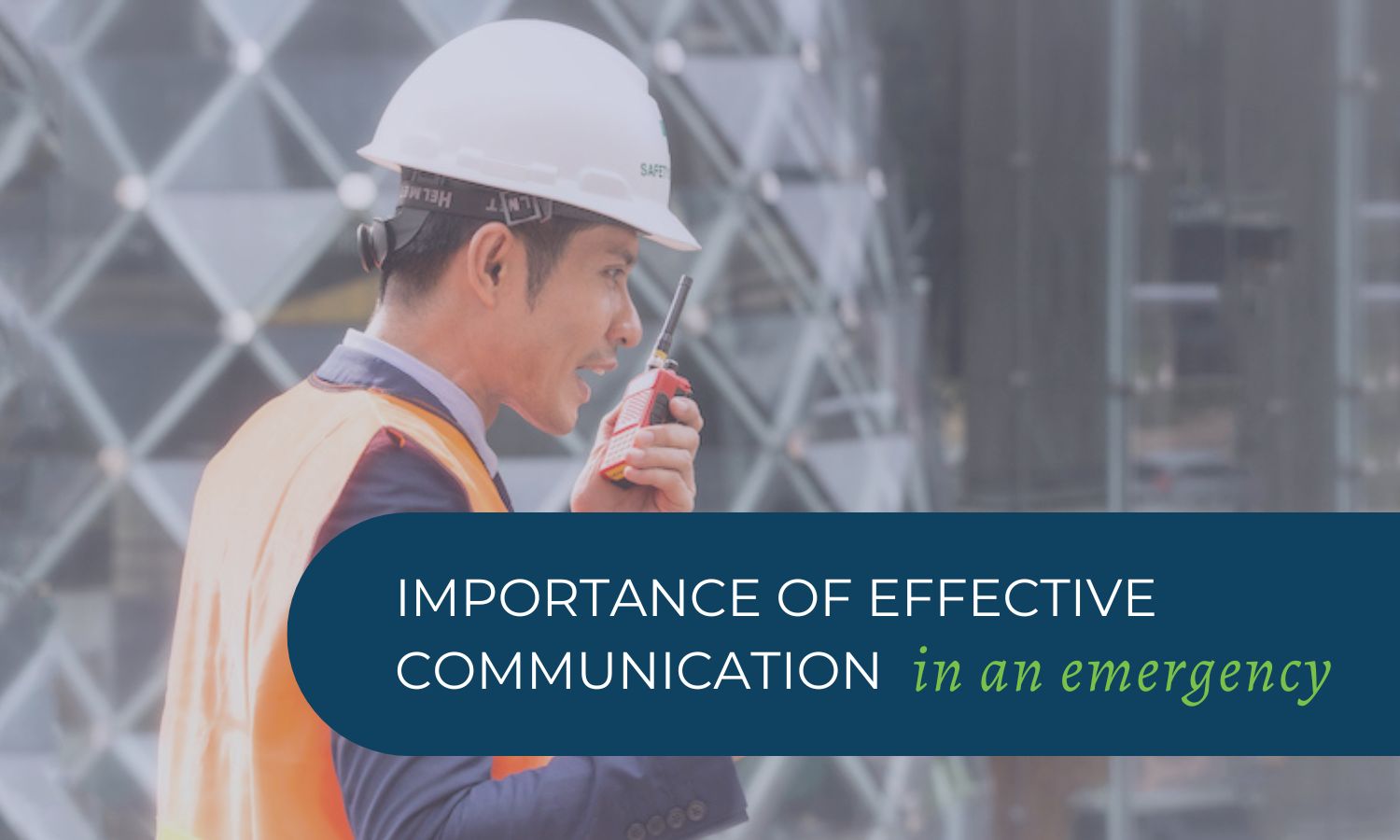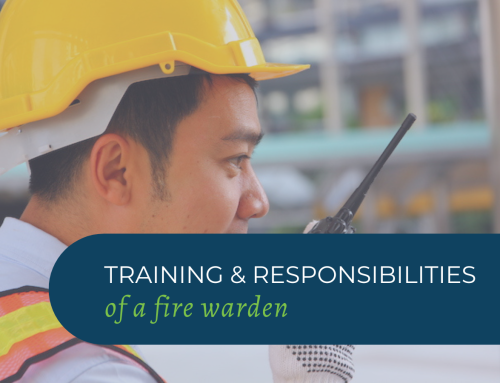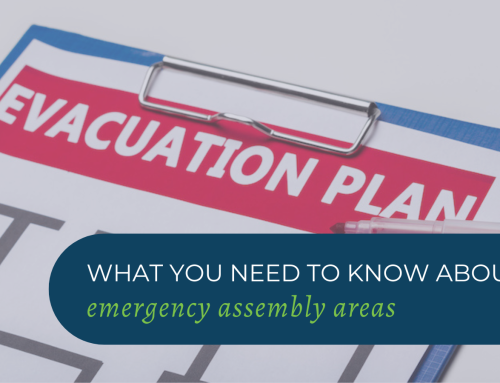Communication during an emergency in the workplace is one of the most important elements of emergency management procedures for many reasons.
Lacking a clear plan for how you and your Wardens will communicate with each other and with emergency services during a crisis can pose serious risks.
Here’s why communication is vital during emergencies and how you can practice it effectively.
Prevent the situation from becoming worse
If it is just one area that is compromised, having a plan for letting other occupants in the building know to avoid the location of the crisis is essential.
A hazardous chemical spill, for example, that cannot be contained by staff and must be avoided until emergency services arrive, may not be immediately apparent to those nearby.
They could then enter the location and put themselves in danger, due to toxic fumes or other chemically caused reactions.
Miscommunication and misinformation can mean that an emergency is not declared until it is too late.

Keep staff informed
The occupants of a facility must be made aware as quickly as possible about an emergency, especially if the situation requires immediate evacuation.
Finding out too late that they need to exit the building puts staff at a high risk of becoming trapped by the emergency-causing hazard which could lead to fatalities.
It could also prevent an injured person from getting the appropriate assistance in time, causing their injury to worsen significantly.
Effective communication saves lives
Concise, quick and clear messages are the key to effectively communicating in an emergency.
Your Floor, Deputy and Chief Wardens especially must be across this, as they are the ones responsible for keeping the building’s occupants safe in an emergency.
They are one of the workplace’s last lines of defence during a crisis and can prevent people from getting hurt, especially during times when chaos and confusion are at their highest.
These Wardens must also be able to calmly and confidently issue directions and address concerns, as they can greatly influence how staff react in extreme situations.
Do your emergency communication strategies need review?
The most crucial reason to have an effective communication plan in the workplace is the need to save lives and avoid injury.
An effective communication plan ensures that people are safe during potentially fatal emergencies. Having Wardens who can calmly, bravely and patiently communicate during an emergency is essential for keeping your building’s occupants safe during a crisis.
Workplace Emergency Management can help you assess your current communication strategies and determine where improvements can be made.
The safety of yourself and your staff is our highest priority.
Contact us today to find out more about the workplace safety solutions we provide companies all around Australia.
GET IN TOUCH
Are you ready for peace of mind that your workforce is as safe and prepared as possible?
With a dedicated team of staff ready to help you meet compliance requirements and improve the overall safety of your workplace, all you need to do is get in touch.
Request your free audit today!



